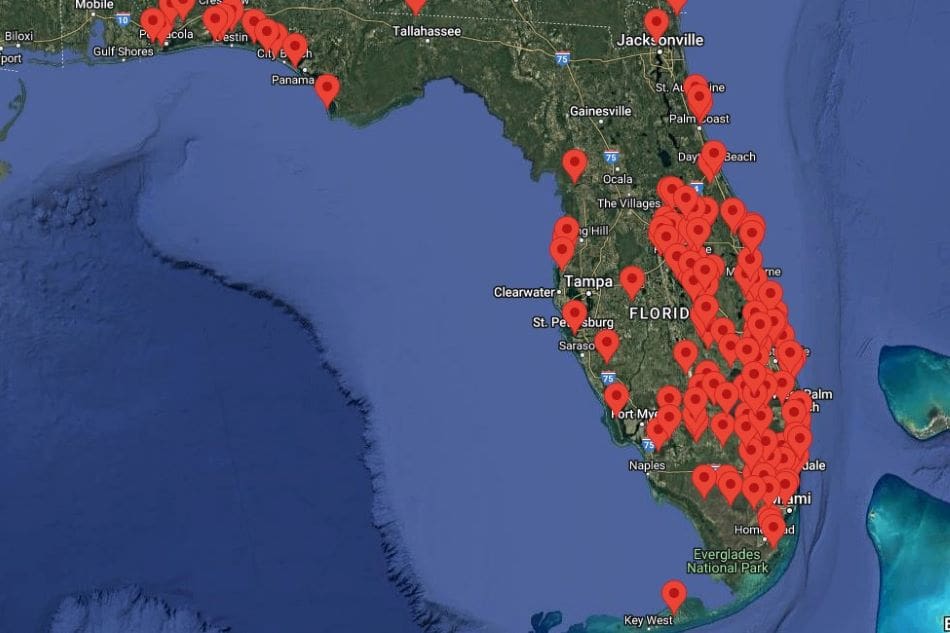Patuakhali | AFP – Fierce gales and crashing waves smashed into the low-lying coast of Bangladesh and India on Monday, as an intense cyclone started to weaken as it progressed deeper inland.
Two people have been killed since Cyclone Remal made landfall on Sunday night, Kamrul Hasan, secretary of Bangladesh’s disaster management ministry, told AFP.
Communications are limited by the storm, with recorded wind speeds hitting 111 kilometres (69 miles) per hour, said Muhammad Abul Kalam Mallik, senior weather forecaster at the state-run Bangladesh Meteorological Department.
“The severe cyclone will continue to pound Bangladesh coast until 10:00 am (0400 GMT),” Mallik told AFP.
“The cyclone has unleashed heavy rains in many parts of Bangladesh. After more rains, the severe cyclone will weaken and turn into a storm.”
Cyclones have killed hundreds of thousands of people in Bangladesh in recent decades, but the number of superstorms hitting its densely populated coast has increased sharply, from one a year to as many as three, due to the impact of climate change.
An AFP reporter in the affected area said there had been continuous heavy rain with extreme wind since Sunday evening, battering tall buildings, with trees uprooted and the tin roofs of homes torn off and blown away.
Around a million people in Bangladesh and neighbouring India took shelter, fleeing inland for concrete storm shelters away from the dangerous waves.
Most of Bangladesh’s coastal areas are just a metre or two (three to six feet) above sea level and high storm surges can devastate villages.
‘Villages are flooded’
Authorities have raised the danger signal to its highest level.
Hasan, from the disaster management ministry, told AFP, said there were no immediate reports of damages, but said “embankments in several places have been breached or submerged, inundating some coastal areas”.
But in India’s West Bengal, the “cyclone has blown off the roofs of hundreds of houses”, and also “uprooted thousands of mangrove trees and electricity poles”, senior state government minister Bankim Chandra Hazra told AFP.
Electricity was off across large parts of the affected areas.
“Storm surges and rising sea levels have breached a number of embankments,” Hazra added. “Some island villages are flooded.”
At least 800,000 Bangladeshis fled their coastal villages, while more than 150,000 people in India also moved inland from the vast Sundarbans mangrove forest, where the Ganges, Brahmaputra and Meghna rivers meet the sea, government ministers and disaster officials said.
Mallik, the Bangladeshi weather expert, said the vast mangrove forests of the Sundarbans helped dissipate the worst of the storm.
“Like in the past, the Sundarbans acted as a natural shield to the cyclone,” he said.
While scientists say climate change is fuelling more storms, better forecasting and more effective evacuation planning have dramatically reduced the death toll.
str-sa-pjm/mtp
© Agence France-Presse
Featured image credit: kjpargeter | Freepik.com




